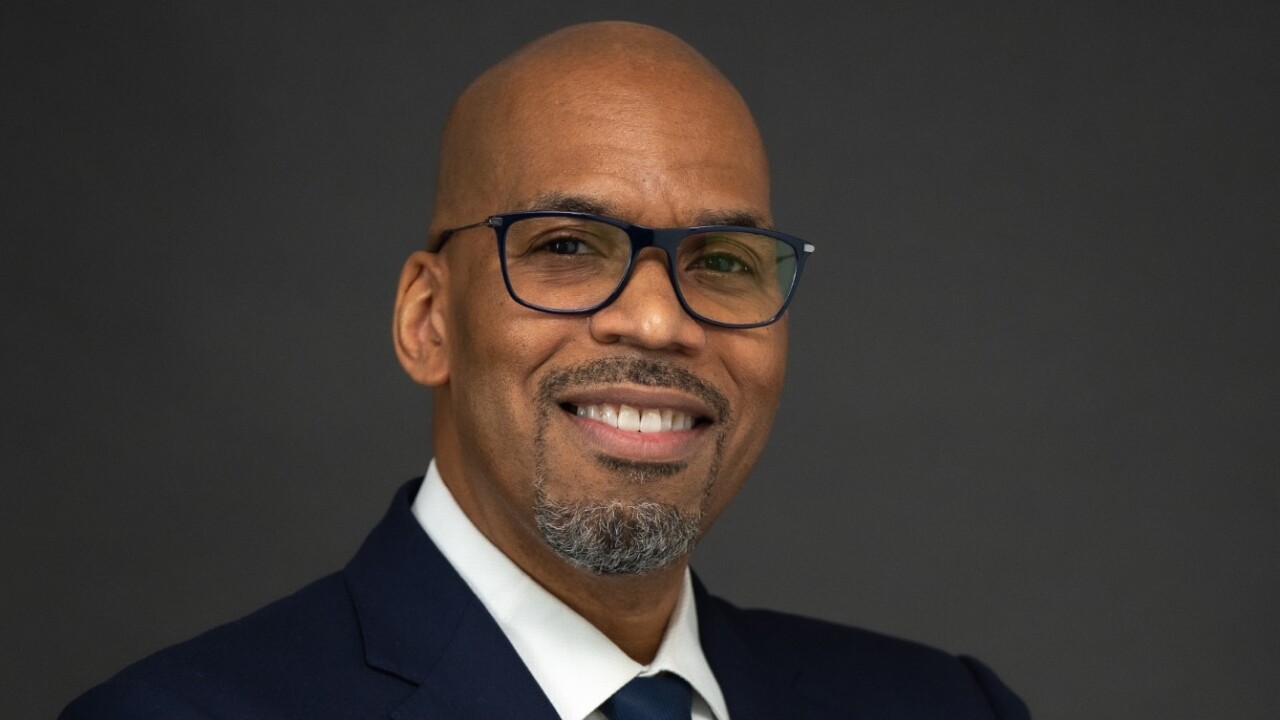Three former employees of the United Kingdom's National Westminster Bank pleaded guilty to a single count of wire fraud in connection with a secret investment with former Enron executives.
Gary Steven Mulgrew, Giles Robert Hugh Darby and David Bermingham admitted that they secretly invested a total of $250,000 with Enron's former CFO, Andrew Fastow, and Michael Kopper, Enron's former managing director of global finance, in an entity called Southampton, L.P., which Fastow created to purchase an asset the three defendants were selling on behalf of NatWest.
The three defendants concealed their scheme from NatWest through various financial transactions, including the use of options and offshore entities.
They entered their guilty pleas before Judge Ewing Werlein, Jr., at the U.S. District Court in Houston. As part of their plea agreement, the defendants each agreed to a 37-month jail sentence and agreed to repay approximately $7.3 million to the Royal Bank of Scotland, which now owns NatWest.
In May 2000, within weeks of their investment, Bermingham, Darby and Mulgrew each received approximately $2.83 million. Kopper, Fastow and others received a total of approximately $12.3 million for their part in the scheme. Kopper and Fastow were able to achieve these gains for the benefit of Bermingham, Darby and Mulgrew by purchasing the asset from NatWest for $1 million, and then liquidating the asset to Enron for $20 million. The $19 million difference was then split among Fastow, Kopper, the three defendants and others.
The Enron scandal has had a long history of guilty pleas. Fastow and Kopper have each pleaded guilty to charges related to their roles in Enron's collapse, including their roles in the Southampton transaction. Kopper pleaded guilty to conspiracy and money laundering, and was sentenced to three years and one month in prison. Fastow was sentenced to six years in prison after pleading guilty to conspiracy to commit securities and wire fraud.





